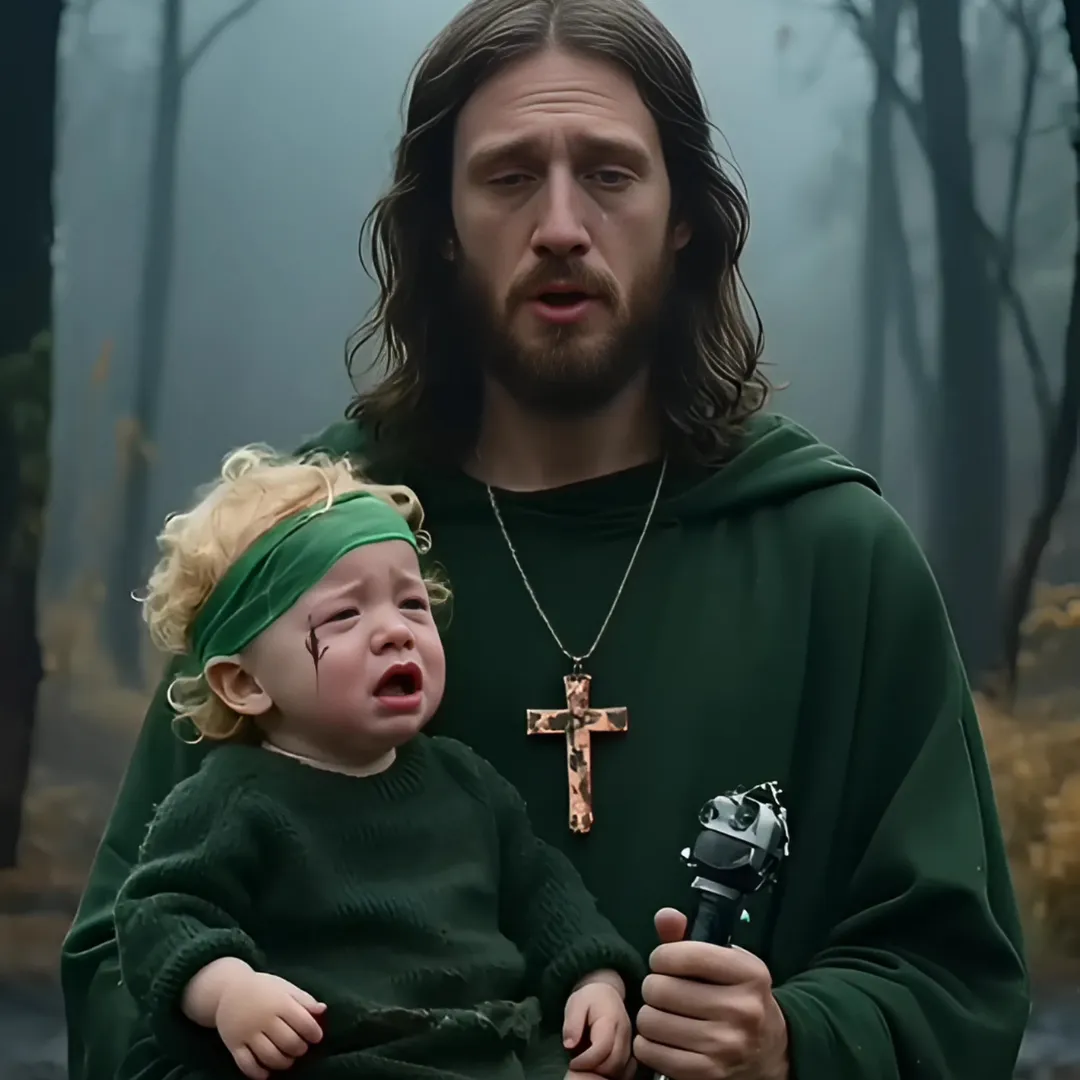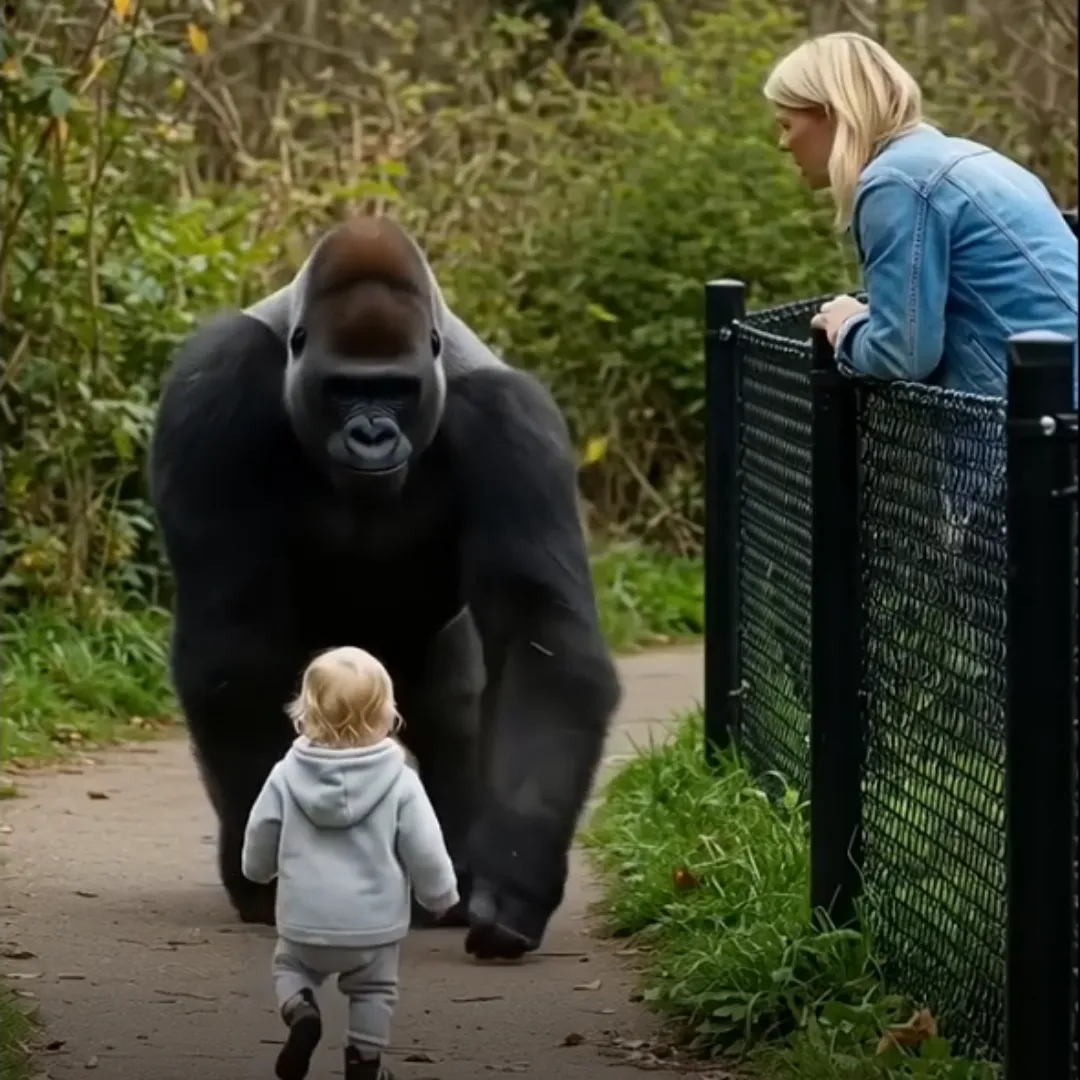
Elon Musk has never been one to hold back, but this time, his mockery is being taken more seriously than ever. On July 7, 2025, the billionaire took to social media platform X to post what appeared to be a light-hearted jab at the U.S. Department of Justice.
But beneath the humor, there was an undercurrent of outrage, a call-out directed at what many see as the most shocking legal inaction of our time—the fact that not a single high-profile figure has been arrested in connection with the now-infamous Jeffrey Epstein case.
The post was simple: an image of a digital counter stuck at "0000", paired with the caption, “Epstein client arrest counter.” Above it, Musk added, “What time is it? Oh look, it’s time for ‘still no one arrested.’” Coming from the world’s most talked-about tech mogul, this was more than sarcasm.
It was a megaphone blast at a system that has so far failed to answer the biggest question in one of the darkest scandals of the century—where are the arrests?
Jeffrey Epstein, the disgraced financier and convicted sex offender, died in a Manhattan jail cell in 2019 under circumstances that continue to fuel conspiracy theories. His death, ruled a suicide, came just weeks after his arrest on federal charges of sex trafficking minors.
But the public has never forgotten that Epstein was not acting alone. For years, rumors and partial evidence have circulated pointing to a so-called “black book” of powerful clients—men of wealth, politics, and influence who allegedly participated in or were aware of Epstein’s crimes.

Yet despite years of investigations, lawsuits, and survivor testimonies, not a single client has faced federal charges. The victims continue to wait. The public continues to speculate. And Elon Musk is asking what millions have silently wondered—how is it possible that in a scandal that shook the global elite, no one else has been held accountable?
The timing of Musk’s jab is especially pointed. Just days earlier, the U.S. Department of Justice issued a statement asserting there was “no list of clients” in relation to the Epstein case. The language sparked outrage.
Survivors who had come forward, lawyers who had fought for transparency, and citizens who followed the scandal for years all questioned how the DOJ could make such a statement in light of documented flight logs, visitor records to Epstein’s private island, and witness accounts.
The sense of betrayal was palpable. And that’s where Elon Musk stepped in—not with a legal brief or formal petition, but with a meme. Yet in today’s digital culture, a meme from the world’s most followed billionaire carries more weight than a courtroom press release.
His image of the “0000” counter quickly went viral, garnering millions of views within hours and reigniting public fury over the lack of arrests.
Critics were quick to point out that Musk himself had been loosely connected to the Epstein story, with old photos surfacing of him at events where Epstein was also present. But Musk has consistently denied any association beyond those public encounters. In fact, he has been outspoken in calling for transparency in the Epstein case.

This isn’t the first time he’s mocked the silence around Epstein’s clients. What makes this latest post different is that it comes at a moment when public trust in institutions is already deeply shaken.
The Biden administration’s Justice Department had made promises of accountability, but under President Trump’s second term, the priorities have shifted—and critics argue that some investigations have been quietly buried.
The political implications are enormous. With the 2026 midterms approaching, both parties are using the Epstein scandal as ammunition. Democrats accuse Republicans of shielding the ultra-wealthy. Republicans accuse Democrats of orchestrating a cover-up.
And in the middle of the chaos, Elon Musk, a man with no official political title but enormous cultural power, has become the unlikely voice of outrage. His message, cloaked in humor, speaks volumes: if this many years can pass without a single high-profile arrest, then the system isn’t broken—it’s designed this way.
What makes Musk’s approach unique is that he doesn’t need to appeal to voters, donors, or lobbyists. He speaks directly to the public, and his influence is undeniable. When he posts, the world listens—even if it pretends not to.
It also raises broader questions about the role of billionaires in today’s media landscape. Musk now owns X, formerly Twitter, and has effectively turned it into a platform for raw, unfiltered political commentary. Whether you love him or hate him, you can’t ignore him.
And while some accuse him of using outrage as a distraction from Tesla’s falling stock or SpaceX’s political entanglements, others see him as one of the few voices willing to call out the hypocrisy at the top. And hypocrisy is the word of the day when it comes to Epstein.
While the media obsessed for years over salacious details, flight manifests, and grainy island photos, no one ever seemed to be held responsible. Now, with the DOJ claiming there’s “no client list,” it feels like justice itself is the illusion.
Survivors and their advocates have responded to Musk’s post with mixed emotions. Some are grateful for the renewed attention. Others are cautious, wary of turning their trauma into internet content. But all seem to agree on one thing—something has to give.
The system cannot continue to shrug off this scandal indefinitely. The meme may have been funny, but the message was deadly serious. Public faith in the legal system is crumbling. People are watching. And they’re not laughing anymore. Especially when children were the victims and the powerful are walking free.
What happens next is unclear. Will Musk’s post force the DOJ to respond? Will it spark congressional hearings? Or will it be dismissed as just another social media moment, lost in the endless churn of outrage and apathy? That depends not on Musk, but on the people.
Because in the end, accountability doesn’t come from memes—it comes from pressure, persistence, and refusal to look away. And for now, Elon Musk has done what few in power have dared to do. He pointed to the silence and called it what it is. Not justice. Not closure. Just delay. Just complicity. Just zero.
And as long as that number stays at “0000”, the world will keep asking—who are they protecting? And how much longer can they get away with it?
-1752813285-q80.webp)


-1748939991-q80.webp)